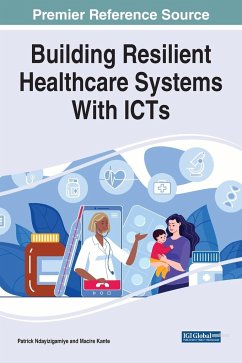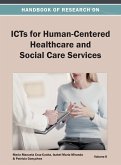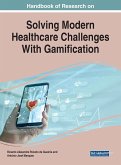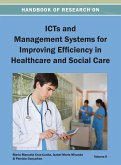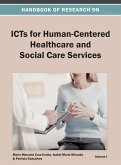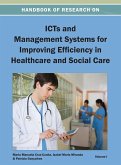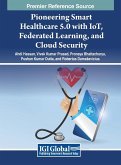One of the challenges encountered in the provision of healthcare is the inability of healthcare systems to adapt to or respond adequately to adverse events (pandemics or otherwise), especially in settings with limited resources. ICTs can be built into healthcare systems to detect and/or mitigate adverse events. The COVID-19 pandemic has showcased the opportunities that are brought forth by ICTs such as the adoption of online consultations by doctors and other innovative ways of providing healthcare despite public health regulations, travel restrictions, and fears tied to physical appointments. Beyond the COVID-19 era, there is a need to reimagine how ICTs could be adopted in healthcare to ensure resilience in the advent of any of these future adverse events. Building Resilient Healthcare Systems With ICTs highlights the various ways ICTs could assist in building resilience within healthcare systems and the various contexts in which resilience could be built within healthcare systems. It portrays practical implications of and value derived from building resilience in healthcare systems. Covering topics such as electronic health information systems, multimodal representation, and supply chain management, this book is an essential resource for healthcare executives, government officials, researchers, computer engineers, and academicians.

